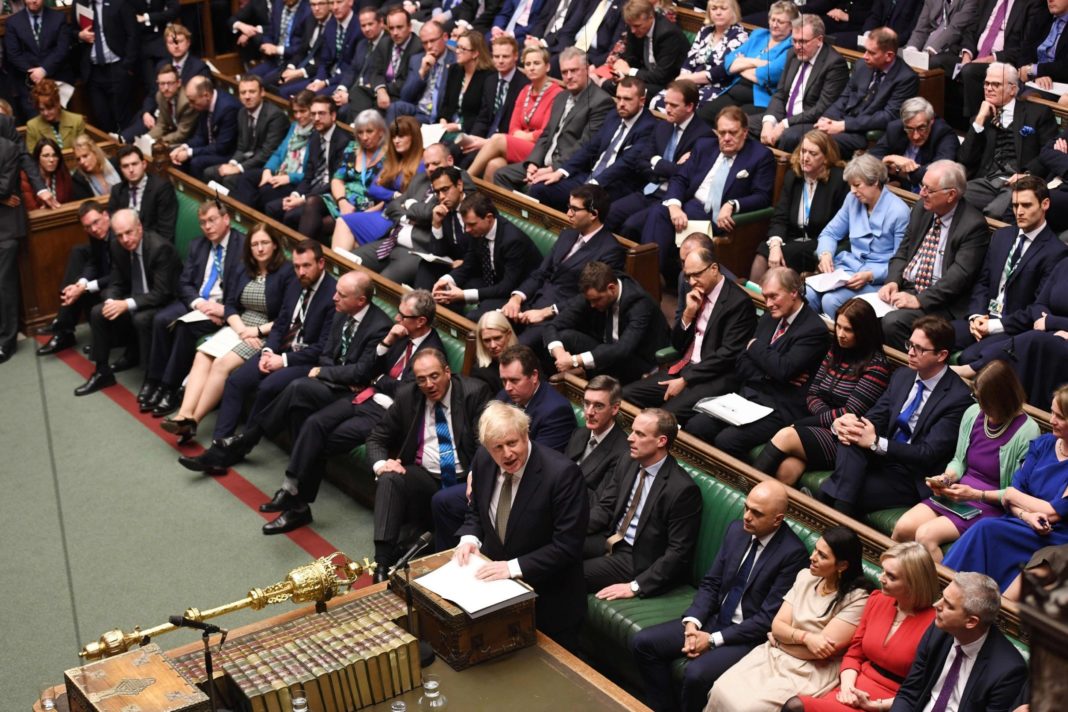The House of Commons approved the Brexit law on Thursday, the act that will implement the Withdrawal Agreement agreed by the UK Government and the EU for the United Kingdom allowing it to to leave the community bloc on January 31.
The British MP’s have given the green light to this important law with 330 votes in favour and 231 against. Now it will pass to the Lords, where it is expected to be ratified next week. However, if the upper house makes any changes, it will have to return to the Commons.
Only conservative members voted in favour of the text, according to the British newspaper ‘The Independent’, which writes that of the 202 Labour MP’s, 167 voted against – including the six new leadership candidates. Together with them, 45 MP’s from the Scottish National Party (SNP) and 11 Liberal democrats voted against. The 8 members s of the DUP abstained.
The leader of the SNP parliamentary group, Ian Blackford has said that the measure creates “a constitutional crisis” that will make a new referendum on Scottish independence a reality and will lead to the breakup of the United Kingdom.
Labour spokesman Paul Blomfield, meanwhile, has warned that ministers will have to act with “good sense and caution” to avoid damaging the community bloc. Thus, he pointed out that London’s exit from the EU’s political structure on January 31 does not mean that Johnson has “carried out Brexit.”
The Withdrawal Agreement Act “gathers the will of the British people and lays the foundation for a bright future outside the EU,” said Brexit Minister Stephen Barclay on the first of three days of discussion in Westminster last Tuesday.
The parliamentary debate was a mere formality, since the Commons already gave a first ‘yes’ to the Brexit law before the Christmas break, following the general elections of December 12 in which the Conservative Party regained an absolute majority.
The law fulfils the electoral promise of Prime Minister Boris Johnson to complete Brexit on January 31, almost four years after the referendum in which the UK decided to break away from the EU.
“This is going to be a fantastic year for the United Kingdom,” he said in his New Year message.





